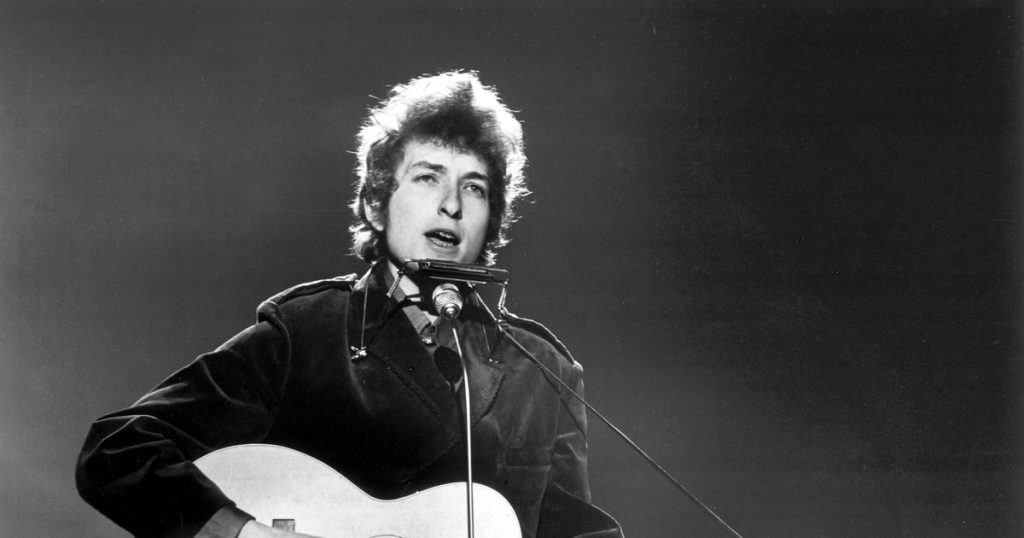Music Rolls on at Folsom Prison 50 Years After Johnny Cash Made History
Written by Live605 on December 26, 2017
50 Years After Johnny Cash – Irony isn’t something the residents of Folsom State Prison spend much time contemplating. But it’s not lost on Roy McNeese Jr. exactly where he spends every Tuesday. That’s when he leads music theory classes for fellow inmates looking to turn their lives around.
McNeese’s classroom is a compact space adjacent to Folsom’s expansive, echo-heavy dining hall. Prisoners wishing to hone their instrumental or vocal chops while serving time, or to learn from McNeese how to write music and better understand songwriting techniques, enter the room each week through a heavily fortified metal door — a door with two words on it:
“Condemned Row.”
Nowadays, however, stark gray cells that long ago housed Death Row inmates — before San Quentin took over housing them in 1937 — are used to store electronic keyboards, drum kits, guitar amplifiers and other gear for the prison’s music program, one of several rehabilitation programs Folsom offers.
“When we’re playing, and everybody locks in together, I’m not in prison anymore,” said McNeese, 55. Except he is, and many of Folsom’s artists have quite the rap sheet. McNeese is serving a sentence of 33 years to life with possibility of parole on convictions for one count of second-degree murder and one count of attempted second-degree murder.
Read the full story on the LA Times

 SF News
SF News  Sunny Radio
Sunny Radio 



